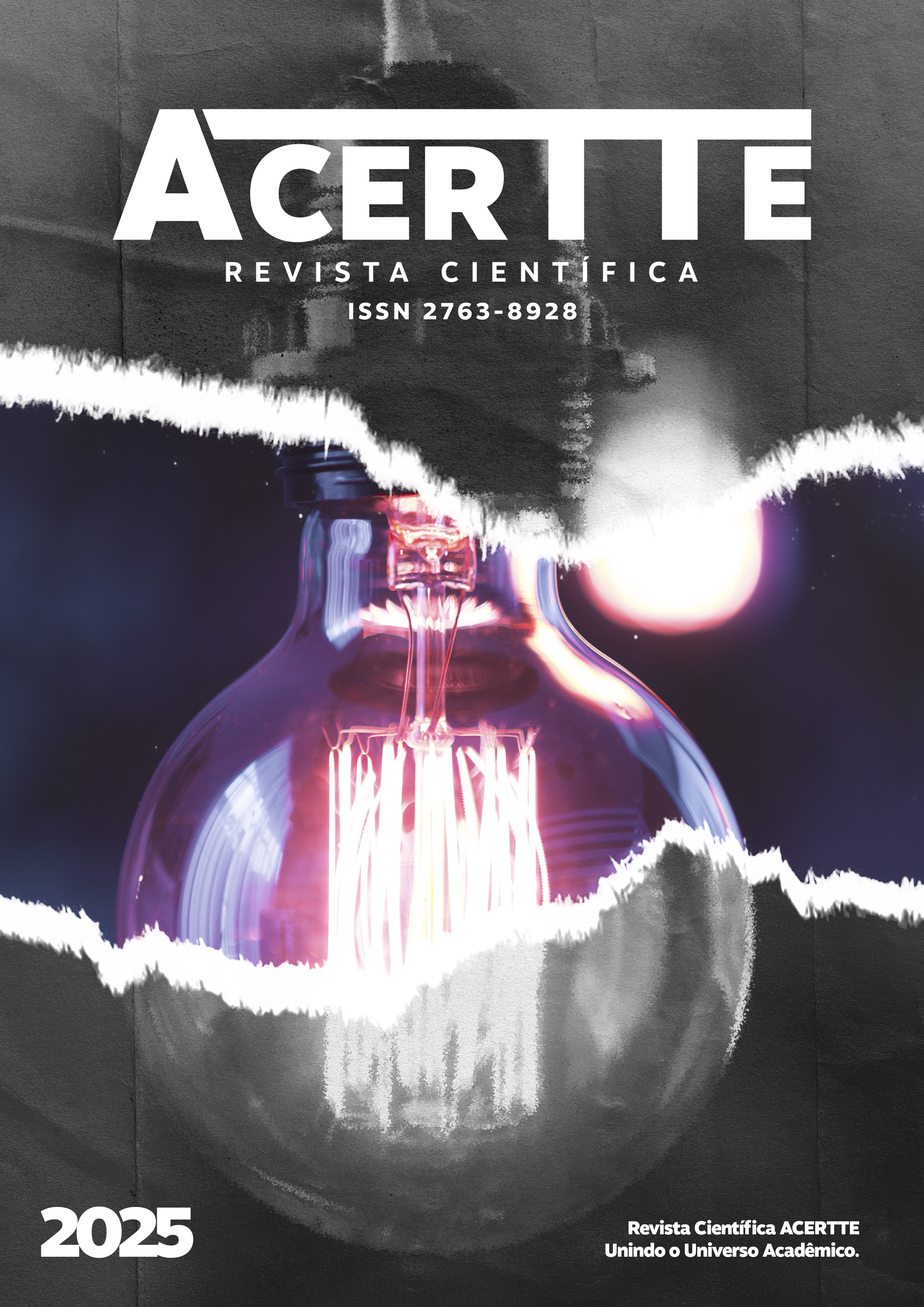THE PARADOXICAL CONTRADICTION OF LATIN AMERICAN PROGRESSIVISM: A REVIEW OF “O MÉDICO E O MONSTRO: UMA LEITURA DO PROGRESSISMO LATINO-AMERICANO E SEUS OPOSTOS”
DOI:
https://doi.org/10.63026/acertte.v5i10.269Keywords:
Progression. Latin America. Neoliberalism. Political criticism.Abstract
The book O médico e o monstro: uma leitura do progressismo latino-americano e seus opostos, by Fabio Luís Barbosa dos Santos and Daniel Feldmann, analyzes the internal contradictions of Latin American progressivism, particularly after the decline of the so-called “pink tide.” Divided into two parts, it examines both the regional progressive experiences and the rise of Jair Bolsonaro’s government as a paradoxical expression of capitalist logic. Through a critical approach, the authors argue that progressivism, while seeking to contain neoliberal forces, ultimately reinforced them. The review highlights the work’s theoretical originality and its ability to create concepts rooted in Latin American reality, such as “autophagic desocialization” and “accelerationist containment.” It also notes that the authors’ methodological decision to focus on endogenous causes ensures coherence but limits explanatory scope regarding global capitalist dynamics. The book is presented as a significant contribution to understanding the limits and contradictions of Latin American progressivism.
Downloads
References
SANTOS, Fabio Luís Barbosa dos; FELDMANN, Daniel. O médico e o monstro: uma leitura do progressismo latino-americano e seus opostos. São Paulo: Elefante, 2021, 200p.
SCHUMPETER, Joseph Alois. Capitalismo, socialismo e democracia. Trad. Luís Antônio Oliveira de Araujo. Rio de Janeiro: Zahar, 1979.
Downloads
Published
How to Cite
Issue
Section
Categories
License
Copyright (c) 2025 ACERTTE SCIENTIFIC JOURNAL

This work is licensed under a Creative Commons Attribution 4.0 International License.
Os direitos autorais dos artigos/resenhas/TCCs publicados pertecem à revista ACERTTE, e seguem o padrão Creative Commons (CC BY 4.0), permitindo a cópia ou reprodução, desde que cite a fonte e respeite os direitos dos autores e contenham menção aos mesmos nos créditos. Toda e qualquer obra publicada na revista, seu conteúdo é de responsabilidade dos autores, cabendo a ACERTTE apenas ser o veículo de divulgação, seguindo os padrões nacionais e internacionais de publicação.










